See Modelshop and the rest of the FinDEVr New York speaker lineup on March 21 & 22. Register and save 10% with the promo code FinDEVrBlog.
Interview with Tom Tobin, Modelshop‘s Founder:
Where did you start your career and how did you gain the experience needed to run the tech side of your company?
 I started as a rocket scientist. No, literally. I worked for General Dynamics in the late ’80s and wrote flight control software for the Atlas II satellite launch platform. The launches were exciting, but the coding really wasn’t. It took weeks to write 100 lines of code, with hundreds of people double checking your work.
I started as a rocket scientist. No, literally. I worked for General Dynamics in the late ’80s and wrote flight control software for the Atlas II satellite launch platform. The launches were exciting, but the coding really wasn’t. It took weeks to write 100 lines of code, with hundreds of people double checking your work.
I got out of avionics code and took a role building golf ball flight trackers using machine vision for Callaway golf. Definitely more exciting, but I really wanted to be part of a software company that was solving big problems.
I joined a small company in San Diego called HNC Software (now FICO). They were solving the credit card fraud problem using Neural Networks. Fast forward 25 years and I’m still creating solutions in financial services using data and analytics to solve tough problems such as credit pricing decisions, fraud detection and portfolio optimization. Modelshop is the culmination of what I’ve learned delivering these solutions to some of the largest (and smallest) financial institutions out there, and it has the potential to change how decisions are made in our industry.
From a technologist’s perspective, what’s unique and game-changing about your technology?
 At its core, Modelshop is an incredibly flexible ontology engine. It can morph the way organizations leverage information to transparently move between data, logic, policy, analytics and back to data. What’s interesting is that spreadsheets also do a pretty good job of this and can be powerful in the hands of capable business analysts. Our goal with Modelshop was not only to replicate that ease of working with information to produce immediate answers for businesses, but also to deliver that on a more scalable, shareable, real-time and analytically robust platform. Technology aside, our vision is to enable businesses to deliver unique analytic applications and services on a larger scale than with traditional coding. We believe we have successfully delivered a platform that accomplishes that vision.
At its core, Modelshop is an incredibly flexible ontology engine. It can morph the way organizations leverage information to transparently move between data, logic, policy, analytics and back to data. What’s interesting is that spreadsheets also do a pretty good job of this and can be powerful in the hands of capable business analysts. Our goal with Modelshop was not only to replicate that ease of working with information to produce immediate answers for businesses, but also to deliver that on a more scalable, shareable, real-time and analytically robust platform. Technology aside, our vision is to enable businesses to deliver unique analytic applications and services on a larger scale than with traditional coding. We believe we have successfully delivered a platform that accomplishes that vision.
Tell us about your favorite implementation of your solution/technology.
Blinker.com is an early stage company based in Denver that connects private party auto buyers and sellers and facilitates the purchase transaction, including financing. They have created an incredible user experience and all of the analytic decisioning behind the scenes is powered by Modelshop. I love the product they have built, and I’m proud of the role we’ve played in delivering their solution in an incredibly short time frame.
FinDEVr New York 2017 is partnered with American Banker, BayPay Forum, BiometricUpdate.com, Breaking Banks, Byte Academy, Canadian Trade Commissioner Service, Celent, CIOReview, Cointelegraph, Colloquy, Distributed, Economic Journal, Empire Startups, Femtech Leaders, Finmaps, Fintech Finance, Harrington Starr, Level39, Mercator Advisory Group, The Paypers, SecuritySolutionsWatch.com, Swiss Finance + Technology Association, and Women Who Code.

 Tickets for upcoming
Tickets for upcoming 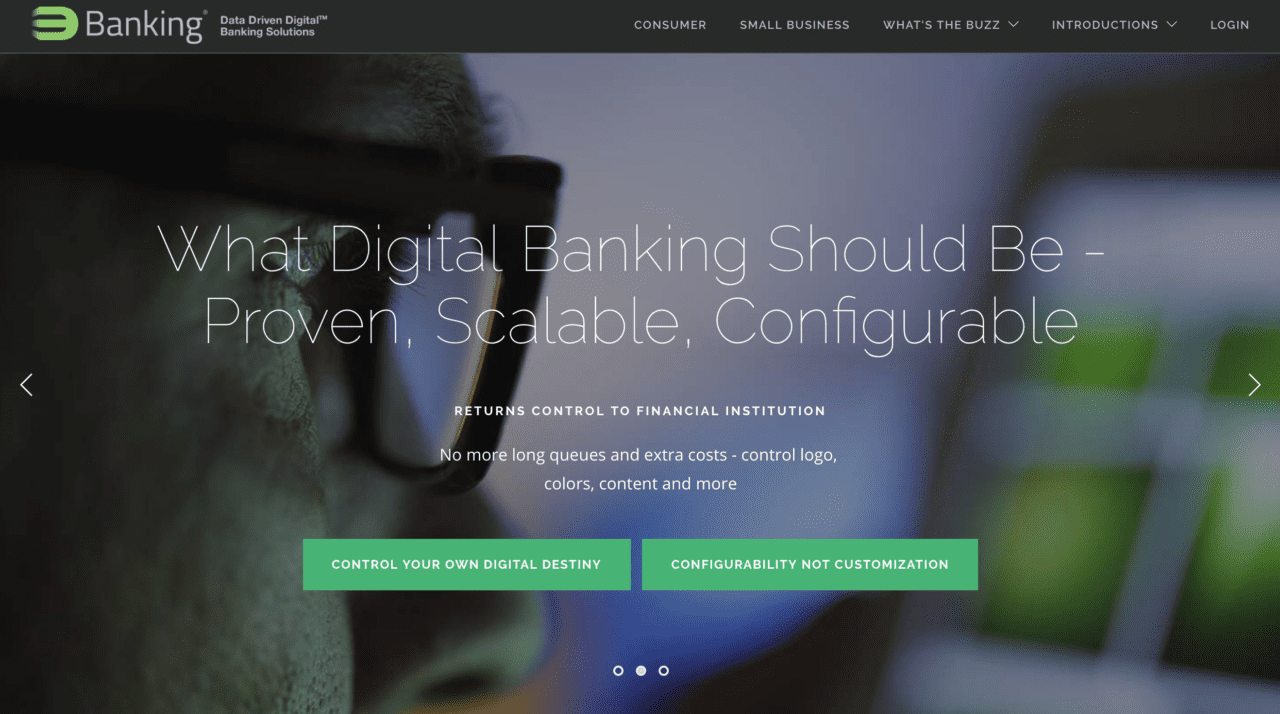

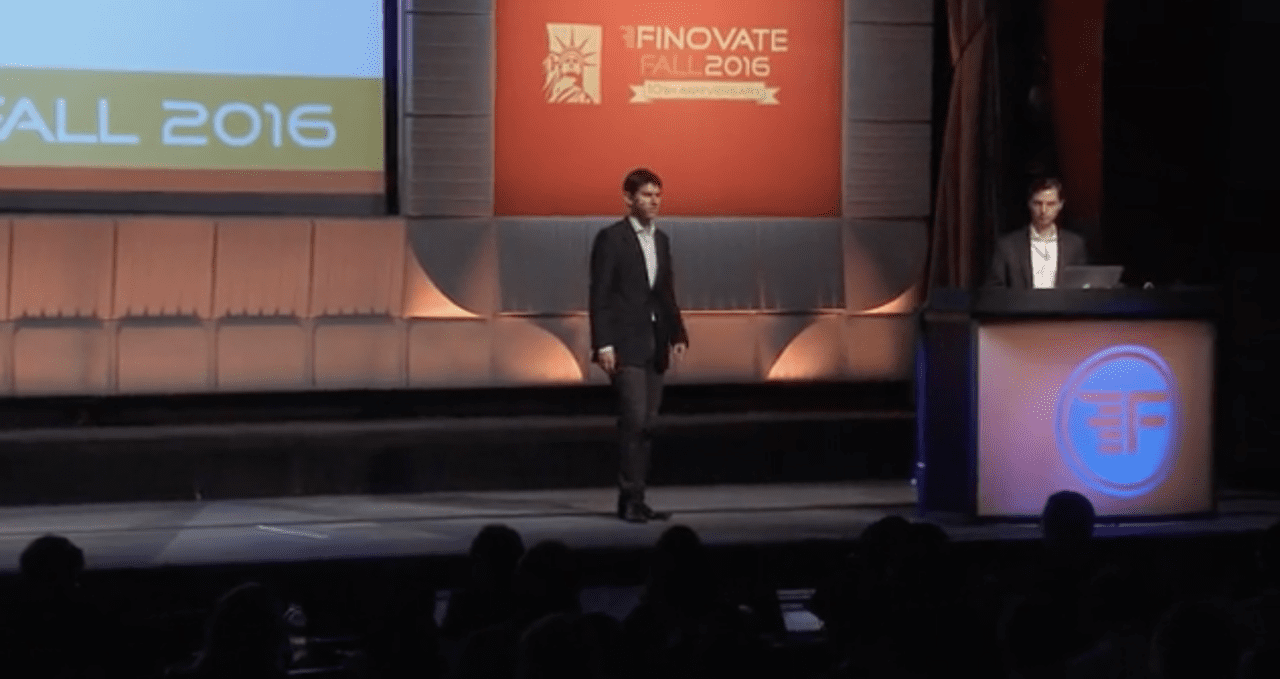




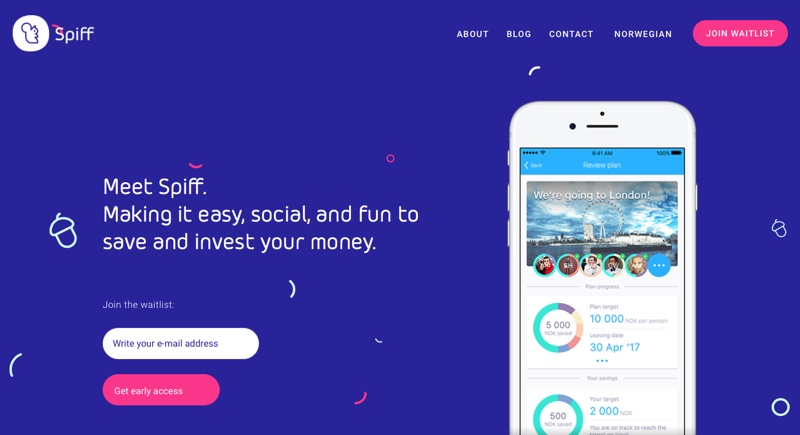
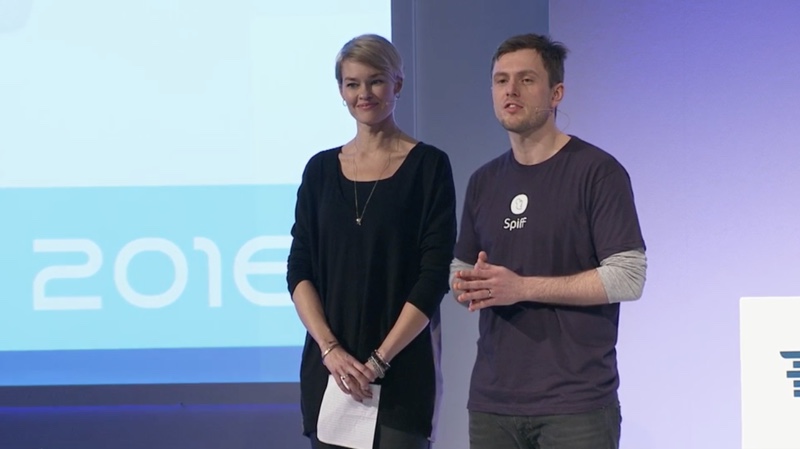
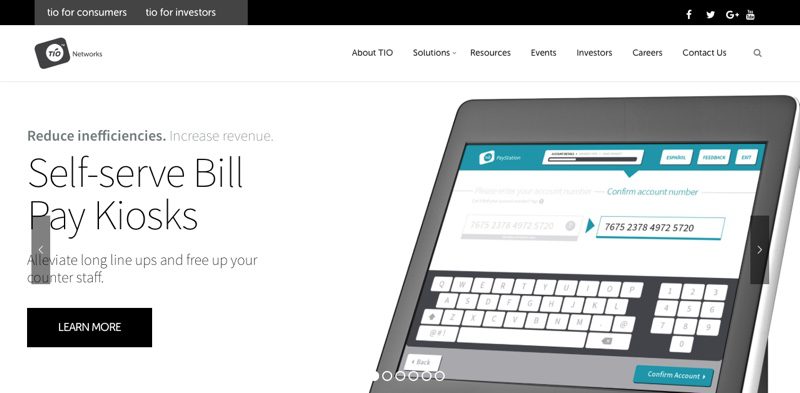
 Chairman and CEO of TIO Networks, Hamed Shahbazi (pictured), emphasized this point as well. “We founded TIO to make speed and access part of the bill payment experience for the underserved, and we believe that we have created affordable products to serve the needs of all customers,” Shahbazi said.
Chairman and CEO of TIO Networks, Hamed Shahbazi (pictured), emphasized this point as well. “We founded TIO to make speed and access part of the bill payment experience for the underserved, and we believe that we have created affordable products to serve the needs of all customers,” Shahbazi said.
 At its core,
At its core,